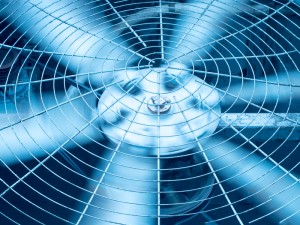 Some facilities were built or upgraded in recent years, and thus include the latest in technology and systems for occupant safety and comfort. However, some facilities are still using outdated technology in their HVAC units and HVAC air filters. Below are some great benefits you’ll find when making an upgrade to your HVAC system.
Some facilities were built or upgraded in recent years, and thus include the latest in technology and systems for occupant safety and comfort. However, some facilities are still using outdated technology in their HVAC units and HVAC air filters. Below are some great benefits you’ll find when making an upgrade to your HVAC system.
Improved Indoor Air Quality (IAQ)
Improving the quality of your facility’s air is the main purpose of an HVAC system. Poor IAQ is associated with asthma attacks, headaches, dizziness, respiratory problems, and even carbon monoxide poisoning.
Reduced Costs
Heating and cooling accounts for about 40% of a commercial facility’s electricity costs. You can cut back on these ongoing costs with a more efficient HVAC system that won’t consume as much energy to operate.
Greater Occupant Comfort
There’s no question that proper indoor temperature and ventilation are key to maintaining a comfortable, healthy and productive work environment for the occupants of a building. This doesn’t just apply for humans and animals, either; heavy equipment also requires specific climate conditions to function properly.
Marketing/PR Benefits
Going beyond typical light bulb and recycling initiatives to upgrade your building’s HVAC system can draw environmentally conscious customers to your business, support a positive brand image, and even bring positive attention from local press.








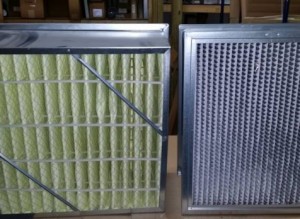
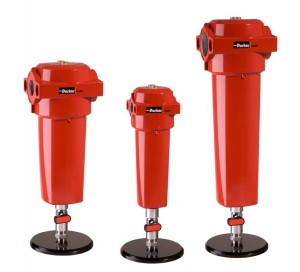
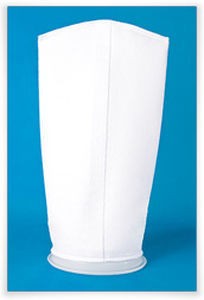
 Each facility has unique needs when it comes to air compression; and it’s not surprising that compressed air is held to a very high standard in the pharmaceutical industry, where cleanliness is especially critical. As the pharmaceutical industry has grown, also has its utilization of compressed air for breathing air, operation of equipment and instrument air. The primary challenges to air quality in this industry are:
Each facility has unique needs when it comes to air compression; and it’s not surprising that compressed air is held to a very high standard in the pharmaceutical industry, where cleanliness is especially critical. As the pharmaceutical industry has grown, also has its utilization of compressed air for breathing air, operation of equipment and instrument air. The primary challenges to air quality in this industry are: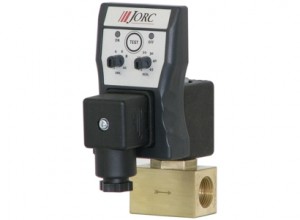 There are many users of compressed air systems that don’t fully recognize the possible implications of disregarding condensate drains. Although compressed air condensate is typically just condensed water, it can also include some oil and contaminants, which can be harmful to your equipment. To avoid costly and unnecessary maintenance and help ensure the desired productivity of your system, there’s no doubt you’ll need to use condensate drains on your system components. This will ensure the contaminants are removed from your system, thus increasing the life expectancy of your equipment.
There are many users of compressed air systems that don’t fully recognize the possible implications of disregarding condensate drains. Although compressed air condensate is typically just condensed water, it can also include some oil and contaminants, which can be harmful to your equipment. To avoid costly and unnecessary maintenance and help ensure the desired productivity of your system, there’s no doubt you’ll need to use condensate drains on your system components. This will ensure the contaminants are removed from your system, thus increasing the life expectancy of your equipment. Have you been noticing a difference in the operation or performance level of your plant’s air compressor? Is it running at a slower rate, or does it occasionally shut down altogether? While your first assumption may be that it’s time to invest in a new machine, it’s important to first recall if you’ve done any preventative maintenance recently. Industrial machines require proper preventative care, and air compressors are no exception. Air compressor filters need to be changed regularly, and it’s also crucial to properly lubricate your air compressor. Here’s why:
Have you been noticing a difference in the operation or performance level of your plant’s air compressor? Is it running at a slower rate, or does it occasionally shut down altogether? While your first assumption may be that it’s time to invest in a new machine, it’s important to first recall if you’ve done any preventative maintenance recently. Industrial machines require proper preventative care, and air compressors are no exception. Air compressor filters need to be changed regularly, and it’s also crucial to properly lubricate your air compressor. Here’s why: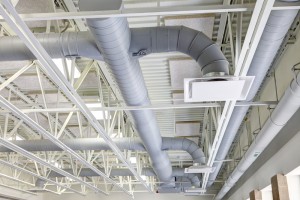 As an industrial plant manager, even though you’re dealing with heavy machinery and lots of raw productive power, you know that your plant is actually a pretty delicate operation. If the slightest thing goes wrong, you could end up losing out on precious hours, or even days, of operating time – which could translate into big revenue losses.
As an industrial plant manager, even though you’re dealing with heavy machinery and lots of raw productive power, you know that your plant is actually a pretty delicate operation. If the slightest thing goes wrong, you could end up losing out on precious hours, or even days, of operating time – which could translate into big revenue losses.